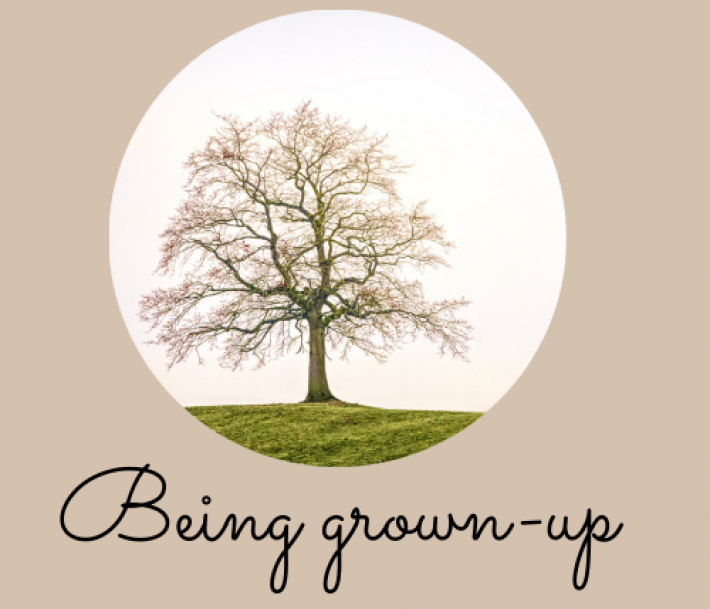(The following information is provided for educational purposes only. I am not a doctor. Please consult a doctor for a more personal diagnosis and advice.)
No matter what age you are, there is a good chance you have a vitamin deficiency. Unless you have a very well rounded, healthy diet, you probably need some supplementation in order to be your optimal self. Have you ever (or currently) experienced fatigue, brain fog, muscle soreness, and a general feeling of “blah”? Sure, we all feel that way at some times, but if you are feeling that way more often than not, you are probably vitamin deficient.
You should go to your doctor (if you haven’t been brave enough to make a doctor’s appointment yet, read this) and ask them for a simple blood test to check your vitamin level. You might be surprised to learn that most young women are iron deficient, or anemic, due to their menstrual cycles. You might also not know that as a society, we tend to be deficient in many vitamins due to a diet of fast foods, convenient foods, and our lack of sun exposure.
What kinds of vitamins can you start taking in your 20’s? There are so many choices in your local grocery store, it can become overwhelming. So let’s just start with the most common vitamins needed for young people:
VITAMIN D3: Our bodies naturally make Vitamin D3 when we get enough sun exposure, which most of us do NOT do. With a very rational fear of sun damage and our sedentary lifestyles, we do not get the required 10-30 minutes of midday sun exposure that we require to make our own D3. If you are severely deficient, you may notice symptoms such as: fatigue, bone pain, mood changes, depression, and muscle cramps or weakness. Vitamin D3 is also good to boost your immune system and hormone health. You generally need 1000-2000 IU daily of Vitamin D3.
VITAMIN B COMPLEX: There are several kinds of vitamin B formulas out there you can buy: B12, B9, Folate, etc., but the best bang for your buck is a good vitamin B complex that contains all of them. Each of the B vitamins are good for different things, energy, mental focus, nerve health, and mood balance. Taking a combination of them can help relieve a multitude of issues, including: weakness, tiredness, and other issues that might be more severe. If you want to obtain these vitamins through your diet, foods that contain sources of B complex are : milk, eggs, cheese, red meat, chicken, liver and organ meats, fish, shellfish, and green leafy vegetables.
MAGNESIUM: Magnesium is necessary for over 300 reactions in the body, but is overlooked as being important. Signs of a magnesium deficiency include: fatigue, muscle weakness, mental disorders, headaches (migraines), irregular heartbeat, and asthma. (Are you starting to see a pattern here yet?). Avoid taking magnesium oxide as this has poor absorption and can lead to too much magnesium and have adverse side effects.
FISH OIL: (OMEGA 3 FATTY ACIDS): Fish oil is another supplement that is really good for mental disorders, along with heart health and inflammation. It is also useful to help maintain weight, eye health, and healthy skin. It is suggested you get 1000mg +DHA daily. If you are vegetarian or vegan, there are veggie options of omegas available, such as chia seeds, flaxseeds, walnuts, and plant oils.
I mentioned earlier that many people are anemic, due to lack of iron, but this needs to be determined by a doctor through a blood test before taking a supplement. Although available over the counter, there are several reasons not to take it without a doctor’s recommendation, including that too much iron in your system can be more harmful than good and that being anemic could be a sign of another, more serious issue that should be looked at.
If you are eating a healthy diet full of fruits, vegetables, healthy oils, and proteins, chances are you are getting the recommended amount of vitamins and do not need supplements. However, if you are having an symptoms listed above, you should definitely call your doctor, and look into taking supplements.
I hope that you found this article useful, and that you will follow my blog with your email for updates on new posts as they come out. Although this may not fall into the topic of self-care in some people’s book, I believe that the best self-care begins within and your mental and physical health needs must be addressed first.


2 Comments